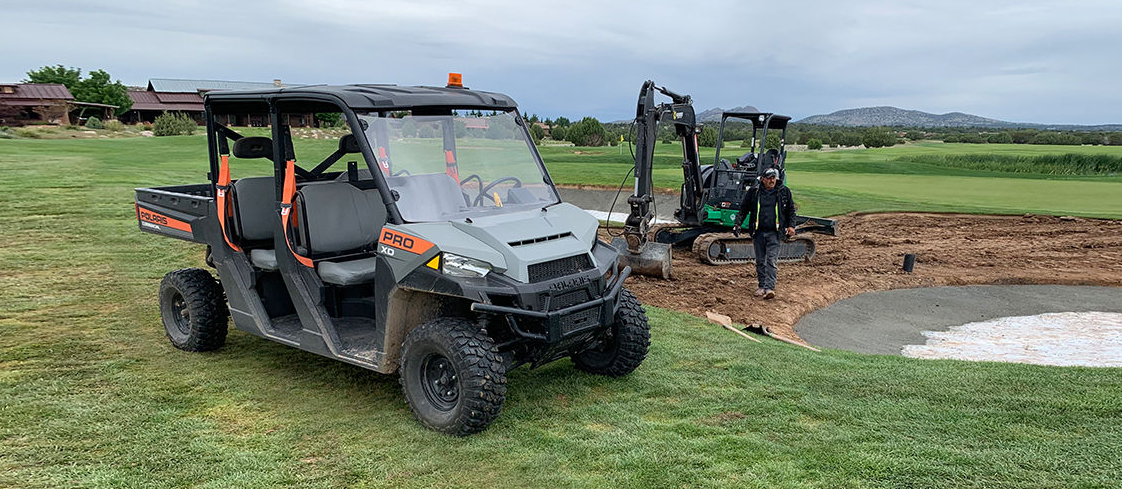If you want to reach commercial clients, you’ll need a robust LinkedIn profile that you regularly update with content that adds value for potential clients. This will also give you a better chance of showing up in searches conducted on LinkedIn by other contractors and architects. BuildZoom scores contractors based on their licensing status, verified work history, insurance and bond coverage and standing with consumer protection groups.
Experience
Construction technology has enabled new and improved methods for collaboration, communication and procurement. Buildertrend, a powerful construction software platform, is designed to make it easier for you to organize project docs by job, share with clients and gather electronic signatures on formal agreements – all in one place. Schedule a demo to see how this new approach can help you operate your business more effectively. One For All Construction accepts credit cards.
Open Mon, Tue, Wed, Thu, Fri, Sat.
Insurance
Insurance is a crucial part of any construction company’s business model. It helps to protect the company, its employees and clients from financial disasters, as well as providing peace of mind for owners and investors. Ideally, a contractor should look for an insurer with experience in the construction industry as well as a robust and competitive portfolio of products.
Small contractors can benefit from a general liability policy, which will help cover costs associated with bodily injury, property damage and defense costs for lawsuits brought against the business. In addition, a commercial auto insurance policy can protect the company’s vehicles in the event they are involved in an accident. For medium-sized construction companies, it’s worth looking into employment practices liability insurance, which will help pay for legal fees and damages resulting from employee misconduct such as sexual harassment, discrimination or wrongful termination. Also, cyber liability insurance can help mitigate the risk of a data breach and the costs associated with notifying customers, offering credit monitoring and improving security.
Larger construction firms will need to consider more specialized insurance policies such as builders’ risk insurance, contractors pollution liability and an owner-controlled insurance program (OCIP). Often, project sponsors will require that contractors bidding on their projects have these coverages in place. It’s important to find an insurance broker who has a good understanding of how to navigate these requirements and can design a solution that meets the contract terms.
In addition to these specialized coverages, it’s a good idea for larger construction firms to consider workers’ compensation insurance, which will help pay for the medical expenses of employees who are injured on the job. Contractors should also consider professional and general liability, which will provide protection against claims for errors or omissions made on behalf of the company. Also, a contractor should consider railroad protective liability, which can help protect against the risk of an accident occurring while working near railway tracks. Finally, a construction firm should consider contractors equipment coverage, which will help pay for the cost of replacing tools or equipment if they are lost, stolen or destroyed.
Bonds
The bond ensures the contractor will meet certain standards for project completion and quality of work. If the project doesn’t meet these requirements, the project owner can make a claim on the bond to receive compensation for damages and losses. These bonds are typically required for large construction projects to provide assurances and protections for all parties involved.
Construction bonds can be purchased from a surety agency that runs extensive background and financial checks on the contractors to determine their suitability for a bond. The surety agency then agrees to step in and assume responsibility for the obligations of the contractor if they don’t meet their contractual duties. The types of bonds available include bid bonds, performance bonds, payment bonds and maintenance bonds.
Bid bonds help get your foot in the door by guaranteeing that your bid on a project is accurate and will not be withdrawn once you’re awarded the contract. Performance bonds help protect the project against non-completion of the job, and are often required by larger projects with higher contract amounts. Payment bonds ensure that you’ll pay any laborers, subcontractors and material suppliers on your project. And maintenance bonds, also known as warranty bonds, are a type of construction surety bond that guarantees quality for a set period of time after the project is completed.
In addition to the direct benefits for contractors, surety bonds also benefit obligees – those who are hiring the construction company for their projects. Without these bonds, obligees may feel less confident about hiring and would likely take longer to start the projects they need done. By encouraging construction companies to be responsible and accountable, these bonds give the obligees the confidence they need to hire them.
Reviews
One For All Construction is a top-rated contractor with an overall rating of 3.7 stars on Angi Home Improvement. This rating is based on reviews left by customers who hired the professional for a job. Reviews are vetted by Angi to ensure that they are genuine, and the service checks that all submitted information is accurate. Angi does not publish negative reviews, even those that present a less-than-positive picture of the company.
Procore’s takeoff and estimating software is robust. This product offers all the standard features that buyers would expect from this type of software. However, where it really stands out is in its tight integration.
Steve and his team understand that building or reconstructing someone’s house is a major investment in their lives and they treat the project as if it were their own. This engrains a sense of trust and professionalism with each client that they work with.
